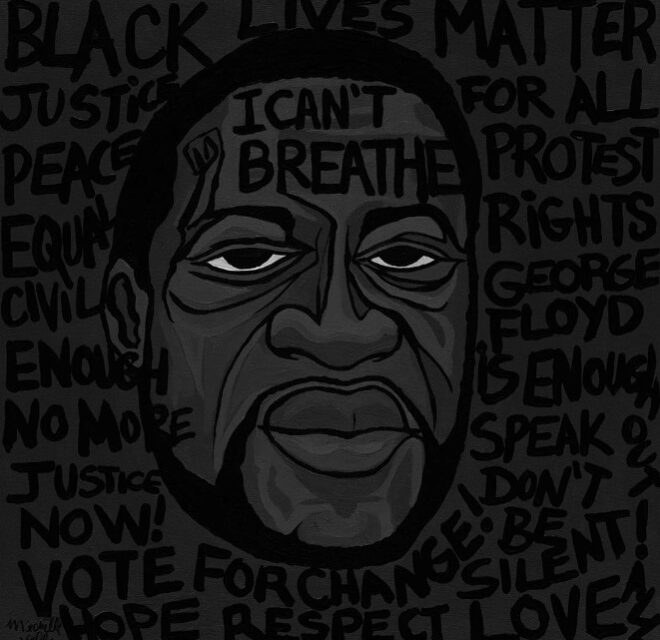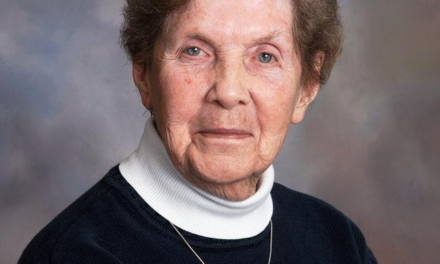Madison Thibodeau ’21, Editor in Chief

The death that sparked a worldwide movement took center stage in a heavily fortified Minneapolis courtroom on March 9, 2021 as jury selection began in Derek Chauvin’s trial in the death of George Floyd.
Floyd, a 46-year-old Black man, died on May 25, 2020, after Chauvin, then a Minneapolis Police officer, placed his knee on Floyd’s neck for nearly eight minutes while Floyd pleaded, “I can’t breathe.” His final moments were captured on video, and his death led to widespread protests against police brutality and racism under the banner Black Lives Matter, as well as incidents of unrest and looting.
Captured on widely shared bystander video, Floyd’s death continues to reverberate: Last week in Washington, D.C., the House of Representatives passed and sent for Senate consideration the George Floyd Justice in Policing Act, a wide-ranging bill that aims to “hold law enforcement accountable for misconduct in court, improve transparency through data collection, and reform police training and policies,” according to the document.
Among other provisions, the proposed legislation would ban chokeholds by federal law enforcement and create a national registry of reported police misconduct to be maintained by the Justice Department.
Chauvin has pleaded not guilty to second-degree unintentional murder and second-degree manslaughter charges. In addition, a charge of third-degree murder that was dismissed in October is now in limbo after an appeals court ruled the trial judge should reconsider a motion to reinstate it, which could lead to a delay in the start of the trial.

In a court filing, Chauvin’s defense attorney, Eric J. Nelson, wrote that Chauvin “did exactly as he was trained to do.” He added: “Any risk created by Mr. Chauvin’s conduct lies largely with those who train [Minneapolis Police Department] officers and those who approve such training.”
But in filing the charges against Chauvin last June, Minnesota Attorney General Keith Ellison – whose office will oversee the prosecution – said Chauvin and three other former officers charged with related crimes “caused Mr. Floyd’s death while using unlawful and excessive force in arresting Mr. Floyd.”
The other officers on the scene – J. Alexander Kueng, Thomas Lane, and Tou Thao – each were charged with aiding and abetting second-degree murder and second-degree manslaughter. They will be tried apart from Chauvin this summer. All also have each pleaded not guilty.
Jury selection in the trial began March 16, 2021 at the Hennepin County Government Center and is expected to last about three weeks. Opening statements are expected to start no earlier than March 29, followed by testimony over the next two to four weeks.






